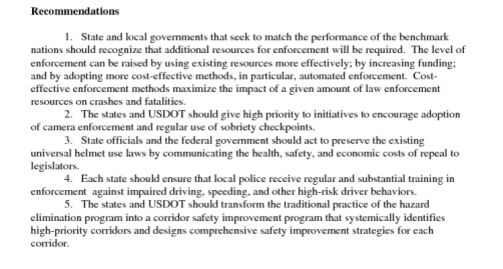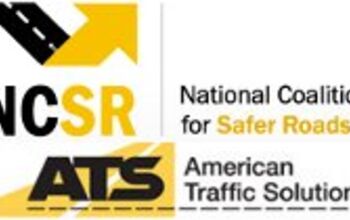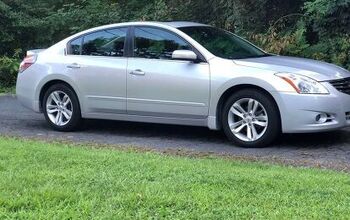American Roads Safer Than Ever… But How Safe Is Safe Enough?
On-road fatalities per vehicle-mile-traveled in the United States have fallen to their lowest level in recorded history ( and dropping fast)… so safety advocates must be thrilled with the success, right? Wrong. After all, success is almost more dangerous to a crusade than failure. Luckily for the hand-wringing faction, a study by the National Research Council has re-defined what it means to be safe enough on America’s roads: rather than comparing fatalities to America’s past (which makes the current environment seem great), the key is comparing America’s safety record to completely different countries. Take it away, New York Times:
While France and 15 other high-income nations cut their traffic fatalities by half from 1995 to 2009, the United States showed only a 19 percent reduction over that same time period. Britain dropped the number of fatal accidents by 39 percent over the last 15 years, and Australia by 25 percent.
And what makes the US different than these other countries (other than the fact that we apparently don’t care about traffic deaths)? The problem, it turns out, is our insufficiently intrusive government.
Aye, there’s the rub. The US doesn’t require mandatory driver training, nor does it administer “idiot tests.” Is it any wonder that we aren’t reducing traffic fatalities as quickly? But the report doesn’t even get into driver competence… apparently the cure for our lagging reduction of fatalities is more surveillance and literal intrusion.
The report says that drivers are safer in countries where the national government plays a more prominent role in devising and managing traffic safety initiatives. Wider use of automatic speed limit enforcement in America could save 1,000 to 2,000 lives a year, according to the report, while sustained and frequent sobriety checkpoints could potentially save 1,500 to 3,000 lives a year.
One problem on the face of things: these measures don’t demonstrably make roads any safer. T raffic fatalities actually went up when Australia established speed limits on rural highways, and went down when the US dropped the federal 55 MPH speed limit. Introducing speed cameras in the UK actually caused the rate of decline in road casualties to slow. We could go on, but it’s clear that more government intervention, especially in the areas of speed control and surveillance, don’t consistently improve on-road conditions.
Whether the trade-off of government expansion (and surveillance) troubles you or not, everyone should be able to agree that wasting money on questionably-effective traffic controls is poor policy when rates are already at historically low levels and declining. And comparing conditions to the car-crazed US to safety improvements in countries where driving is generally more restricted doesn’t make the case any stronger.
More by Edward Niedermeyer
Latest Car Reviews
Read moreLatest Product Reviews
Read moreRecent Comments
- Shipwright I wonder where Speedmaster is based. Oh Looky! it's China! who would have thought.
- Mike Wasnt even a 60/40 vote. Thats really i teresting.....
- SCE to AUX "discounts don’t usually come without terms attached"[list][*]How about: "discounts usually have terms attached"?[/*][/list]"Any configurations not listed in that list are not eligible for discounts"[list][*]How about "the list contains the only eligible configurations"?[/*][/list]Interesting conquest list - smart move.
- 1995 SC Milking this story, arent you?
- ToolGuy "Nothing is greater than the original. Same goes for original Ford Parts. They’re the parts we built to build your Ford. Anything else is imitation."


































Comments
Join the conversation
Actually, the most dangerous activity is to stay at home.
45.99% of fatal accidents happen in the home.
33.04% of fatal accidents happen in a motor vehicle
The safest place? Go to work:
2.16% of fatal accidents happen at work. As long as your job is safe, you are safe. Unemployment can lead to massive amounts of deaths.
This is why wearing a helmet should be made mandatory for everyone outside the bed.